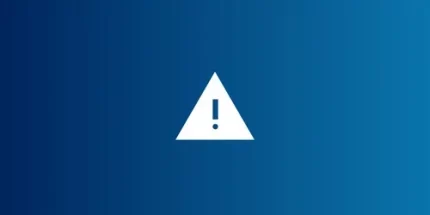Sample Prompt
As an expert in adventure travel safety, could you outline the key risk assessment strategies employed by adventure travel companies in Queenstown, New Zealand? Explain how these strategies are adapted to different types of activities such as mountaineering, scuba diving, or zip-lining.
Sample Response
Queenstown, New Zealand, known as the "Adventure Capital of the World," employs comprehensive risk assessment strategies tailored to various high-adrenaline activities like bungee jumping, skydiving, and jet boating:
Activity-Specific Assessments: Each type of activity has a detailed risk assessment that considers specific factors such as equipment reliability, operator competency, and environmental conditions. For example, bungee jumping assessments focus on cord integrity and weather conditions, while jet boating considers water levels and navigational hazards.
Continuous Training: Guides and operators undergo continuous training in their specific activities to ensure they remain updated on the latest safety techniques and equipment. Regular drills and practice sessions help maintain high safety standards.
Client Screening: Participants in high-adrenaline activities are screened for health conditions and experience levels to ensure they are suitable for the challenges of the activity. This screening helps mitigate risks associated with individual health issues and ensures all participants have realistic expectations of the activity demands.
Emergency Readiness: Each operator maintains a well-developed emergency plan that includes swift access to medical services, rescue units, and communication tools essential for rapid response in case of an incident.
Regulatory Compliance: Adherence to New Zealand’s strict adventure tourism regulations ensures that all operators meet national safety standards, which are among the highest in the world. These regulations require operators to have detailed safety plans and undergo regular audits.














